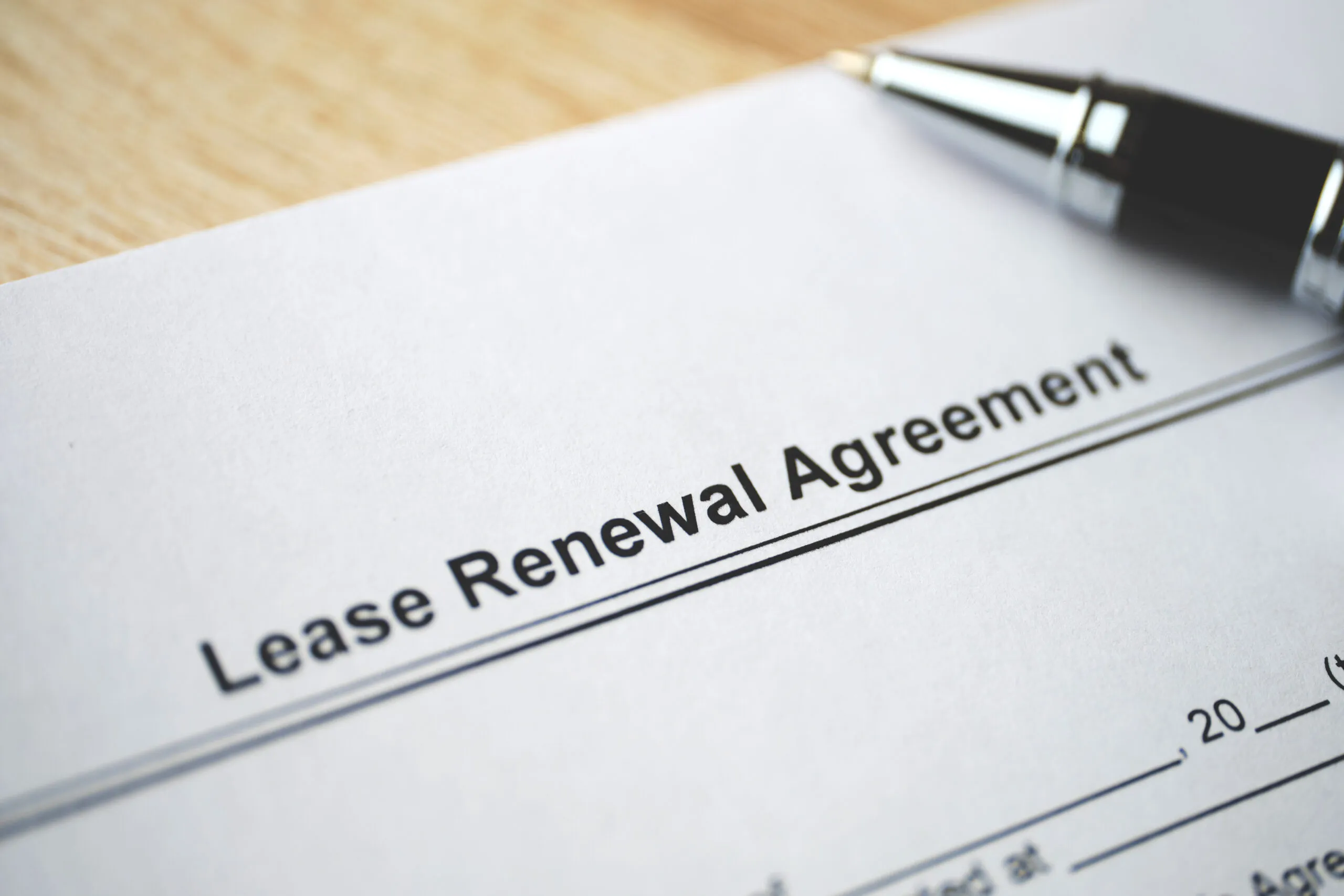As a real estate investor or landlord, managing a portfolio of properties can feel like a complex juggling act. You track income, expenses, maintenance, and tenant communications across multiple units. Finding the right tools is essential to simplifying these tasks and making smart investment decisions. This guide explores the best real estate portfolio management software options available in 2025 to help you take control of your investments.
Key takeaways
- Real estate portfolio management software centralizes data for rental properties.
- Using software offers significant benefits over manual tracking methods.
- Key features include online rent collection, accounting, and reporting.
- The market for this software is experiencing substantial growth.
- Selecting the right platform depends on your portfolio size and specific needs.
What is real estate portfolio management software?
Real estate portfolio management software is a digital platform designed to help property owners, investors, and managers oversee multiple rental properties from a single dashboard. It goes beyond basic property management tasks.
The software centralizes crucial data like financial performance, tenant information, lease details, and maintenance records for your entire collection of properties. This gives you a holistic view of your investments.
Why use real estate portfolio management software
Managing a real estate portfolio involves tracking numerous data points and workflows for each property. This quickly becomes overwhelming without a structured system. Using dedicated software provides centralized data access, improves operational efficiency through automation, and helps reduce costs.
It can mitigate risks by ensuring compliance and offers scalability as your portfolio grows. You can gain better control and clarity over your finances, helping you make data-driven decisions to maximize your income and grow your portfolio. Landlord software, designed for portfolio management, offers a significant advantage.
Real estate portfolio management software vs manual methods & spreadsheets
Relying on manual methods or spreadsheets for managing multiple properties is prone to errors and time-consuming. Data entry is repetitive, and generating consolidated reports across properties requires significant manual effort. A dedicated real estate portfolio management software eliminates these pain points by automating tasks like transaction categorization and rent tracking.
It provides real-time insights that are difficult or impossible to obtain from static property management spreadsheet documents. Choosing software over manual processes saves you valuable time and provides a clearer, more accurate financial picture.
Key features of real estate portfolio management software
Effective real estate portfolio management software includes several core capabilities to streamline operations and provide financial clarity. These include full accounting features to track income and expenses accurately. Online rent collection simplifies receiving payments from tenants. Maintenance management tools help track requests, vendors, and costs.
Other vital features are dedicated tenant and owner portals for communication and access to information. Robust reporting and analytics provide insights into property performance and cash flow. Look for platforms that also offer lease management and tenant screening capabilities. Integrated banking and financial tools are particularly valuable for managing income and expenses seamlessly.
How many landlords and property managers use this software
The market for real estate portfolio management software and broader property management software is substantial and growing rapidly. The global real estate portfolio management software market was valued at $12.45 billion in 2023. This market is projected to reach $28.64 billion by 2031, showing a compound annual growth rate (CAGR) of 9.8% from 2024-2031.
The property management software segment itself is forecasted to grow from $5.32 billion in 2025 to $16.83 billion by 2035. These figures indicate increasing adoption among landlords and property managers, recognizing the benefits of these digital tools. Cloud-based solutions are particularly popular due to their accessibility and lower upfront costs.
Best real estate portfolio management software platforms for 2025
Choosing the best real estate portfolio management software depends on your specific needs, portfolio size, and budget. Several platforms stand out in the market for landlords and property managers. These include solutions like AppFolio, Buildium, TenantCloud, and DoorLoop, among others. Many of these offer a range of features suitable for different types of rental properties, including residential and potentially some capabilities for commercial real estate portfolio management software needs.
Finding the best real estate management software means evaluating options based on the features most critical to your operations. Some platforms are ideal best software for property managers overseeing large numbers of units.
Others offer solutions for property management software for small landlords or those looking for the best free property management software options to start. Whether you manage top apartment management software portfolios, handle multi-family property management needs, or focus on property management software for short-term rentals, there's a tailored solution available.
Real estate portfolio management software comparison
Selecting the right platform requires comparing key features across different providers. This helps you see which software aligns best with your operational requirements. Pay close attention to accounting capabilities, rent collection methods, and reporting depth. Scalability and pricing models are also crucial factors in your decision.
Here is a comparison table of some popular platforms:
This real estate portfolio management software comparison highlights varying strengths, particularly in areas like integrated banking. Platforms like Baselane offer this direct integration, which can significantly streamline financial workflows.
Other platforms excel in advanced reporting or cater to larger portfolios. The right choice depends on prioritizing the features you need most to manage your lease portfolio management software requirements and overall operations effectively.
Pros and cons of real estate portfolio management software
Using real estate portfolio management software offers significant advantages but also comes with potential drawbacks.
Pros
- Centralized data: All property, tenant, and financial information is stored in one accessible location.
- Increased efficiency: Automation of tasks like rent collection, late fees, and bookkeeping saves considerable time.
- Improved financial visibility: Real-time reporting and analytics provide clear insights into property performance and cash flow.
- Enhanced organization: Digital tracking of maintenance, leases, and communications reduces clutter and improves follow-through.
- Scalability: Software can grow with your portfolio, easily accommodating new properties and tenants.
Cons
- Cost: Subscription fees can add up, especially for larger portfolios.
- Learning curve: Adapting to new software takes time and training.
- Setup ttme: Initial setup requires entering all existing property and tenant data.
- Dependency: You become reliant on the software provider and their system uptime.
- Potential for over-complexity: Some platforms may offer more features than a landlord needs, leading to confusion.
Understanding these points helps set realistic expectations before adopting new software.
Expert tips for choosing the right software
Selecting the optimal property portfolio management software involves careful consideration of your unique business model and goals. Start by assessing your current pain points, where are you spending the most time or encountering the most errors? Identify the essential features you need, such as online rent collection, robust accounting, or maintenance tracking. Don't just look for a basic portfolio management app; find one tailored to real estate.
Consider your portfolio size, as some software is better suited for property management software for small landlords, while others are built for larger or more complex portfolios requiring advanced property management features.
Look for providers that offer a mobile app, which can be incredibly useful for managing properties on the go. Read reviews and consider free trials or demos to test usability before committing. Platforms like Baselane offer integrated banking and financial tools that can be a game-in-game for streamlining money management for private landlords' property management software needs.
Ultimately, the best portfolio management software for you will be one that saves you time, improves financial clarity, and supports your growth, whether you are a diy landlord property management pro managing multiple units.
Average cost of real estate portfolio management software
The cost of real estate portfolio management software varies significantly based on the provider, the features included, and the number of units you manage. Most cloud-based solutions operate on a subscription model. Pricing typically ranges from approximately $1 to $5 per unit per month for small to medium-sized businesses.
Enterprise-level solutions for large property management companies can cost significantly more. Some platforms may offer a free portfolio management software tier with limited features for very small portfolios.
How to claim real estate software costs back
As a real estate investor, the costs associated with managing your rental properties are generally considered business expenses. This includes the subscription fees for real estate portfolio management software. Software costs used directly for your rental business operations are typically deductible business expenses.
These expenses fall under categories related to the operation and management of your rental property business. It's always recommended to consult with a qualified tax professional to understand how software costs specifically apply to your situation and portfolio for real estate investment software purposes. They can provide guidance based on current tax laws and your circumstances.
Find the best real estate portfolio management software for your portfolio size?
The size and complexity of your real estate portfolio significantly influence which software platform is the best fit.
- Small portfolios (1-10 units): Landlords with a few properties might prioritize ease of use, low cost (potentially a free or low-tier plan), and essential features like rent collection and basic bookkeeping. Platforms competitive for SMBs, offering a low cost per unit, are often ideal.
- Medium portfolios (10-50 units): As your portfolio grows, you'll need more robust accounting, reporting, maintenance tracking, and perhaps owner portals if you manage for others. Scalability and a reasonable per-unit cost become more important.
- Large portfolios (50+ units): Large portfolios often require advanced features, dedicated support, and integrations with other business systems. Enterprise-level platforms designed for scale and offering advanced reporting and customizable workflows are typically necessary.
Many platforms offer tiered pricing that allows them to scale with your growth. Evaluating scalability is key when choosing a platform.
Bottom line
Selecting the right real estate portfolio management software is a crucial step toward professionalizing your operations and maximizing your investment returns in 2025 and beyond. These platforms offer powerful tools to consolidate data, automate tasks, and provide clarity over your finances.
By moving beyond manual methods, you can save time, reduce errors, and gain valuable insights to make informed decisions. Whether you're managing a small collection of units or a larger portfolio, there's a software solution tailored to your needs.
For landlords focused on seamlessly integrating their rental property finances with their management tasks, exploring platforms that combine banking, bookkeeping, and rent collection can be incredibly beneficial.
Baselane offers a banking and financial platform built specifically for landlords, providing tools to streamline income and expense tracking alongside property management features. Ready to see how integrated tools can simplify your portfolio management? Sign up for Baselane today.
FAQs
What is real estate portfolio management software?
It's a digital platform that centralizes data for multiple rental properties, including financial performance, tenant details, leases, and maintenance, helping owners and managers oversee their entire portfolio.
Why should I use real estate portfolio management software?
Using this software helps you save time through automation, gain financial clarity, centralize data, reduce errors, and scale your management as your portfolio grows, compared to manual methods.
What are the key features to look for?
Essential features include online rent collection, comprehensive accounting and financial reporting, maintenance tracking, tenant and owner portals, and detailed reporting and analytics.
Is this software suitable for small landlords?
Yes, many platforms offer tiered pricing and features suitable for small portfolios, including free or low-cost options focusing on core needs like rent collection and basic bookkeeping.
Can real estate portfolio management software help with taxes?
These platforms help by organizing income and expense data for easier reporting. The cost of the software itself is generally a deductible business expense for landlords.

















